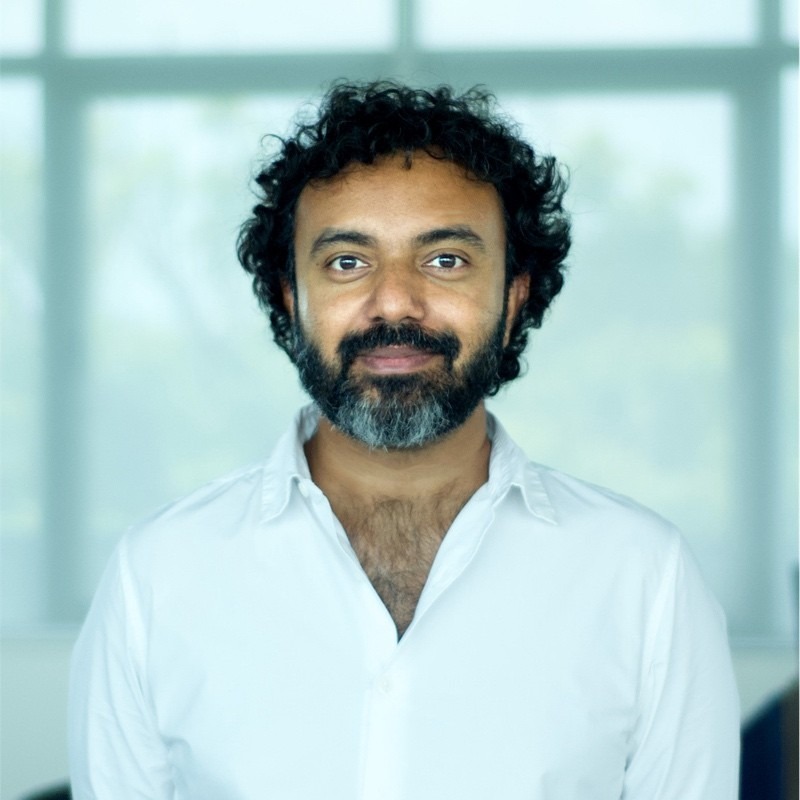COVID has brought life to a standstill. This crisis has a very negative effect on our health. This full environment is very stressful. We always think about when we will get rid of COVID. But this pandemic has given birth to many new opportunities also. Creating of COVID vaccine in a year to the extended helping hands of many people are some of the positive aspects of this crisis. Medicircle encourages such healthcare experts who have emerged as real heroes in these COVID times.
Dr. Ravikant Singh is the founder of Doctors For You. Doctors For You Foundation is a Pan India Non-Governmental Organization. DFY focuses on providing medical care to vulnerable communities during crisis and non-crisis situations, emergency medical aid to people affected by a natural disasters, conflicts, and epidemics. DFY is now expanding its initiative to train government doctors, improve public health facilities and promote efficient medical responsibility during calamities. The organization received several awards viz. The SAARC Award (2010), The British Medical Journal Group Award (2009), and recognition from state governments for its outstanding contribution to the humanitarian field. Preparing the healthcare system to deal with calamities remains the core mission of the organization.
How did Doctors for You originate?
Dr. Ravikant says, “I started this in 2007 when I was doing my studies at KEM hospital, Mumbai. Mumbai was facing the outbreak of dengue, malaria, and leptospirosis followed by a massive flood. The hospital was in urgent need of blood and blood platelets, an instinctive response to this emergency giving rise to the blood platelets donation and awareness program under the name of this organization which was very successful. After this, there was a flood in Bihar in 2008. We had sent a team of 40-45 doctors to Bihar but unfortunately, we lost one of our prime doctors. Even then we restarted the campaign for 6 months that went successful. For this, we even got the SAARC award. This was just the beginning, now our team started giving support in all kinds of calamities anywhere across India. We have provided our support from the Nepal earthquake to Chennai’s flood. In these 10 – 12 years working in all kinds of environments, our team has now become fully trained. This pandemic has allowed us to showcase our strength in promoting efficient medical responses during disasters. Last year we had run 12 hospitals and this year 36 hospitals are running across India. In the second wave of corona our 1500 doctors, nurses and other staff were working day and night and that gives us the most satisfaction.”
Started new campaigns of malnutrition and TB
Dr. Ravikant mentions, “We have been working hard for the past so many years. Our doctors have sacrificed a lot in many odd situations. Doctors have stayed in all remote rural areas to give their services. Once started, disaster response lasts for 5-6 months. Other than calamities, we have started working on malnutrition, TB campaigns in many states. Now we have a team of doctors in a total of 18 states with a Project manager, Nodal officer, and other staff in each state. In case of any emergency, our team reaches there within 24 hours.”
Lack of skilled human resources is still a major challenge in many states
Dr. Ravikant expresses, “While working in rural areas we have to face a lot of challenges. Mobilization of doctors and nurses is very tough. It’s hard to get qualified lower staff in some rural areas, especially in UP, Bihar. They only have the degree but don’t have skills. Our team is of young doctors, the average age is below 30, they are energetic and young. There is no corporate type hierarchy, we all work together, respect each other, and have a proper understanding of differences. We try to build a comfortable environment for doctors, especially in remote areas. But, still, the main challenge is the lack of skilled human resources.”
Every district should have adequate infrastructure
Dr. Ravikant emphasizes, “In the second wave of COVID, 80% patients were critical who required oxygen support. This was not the case in the first wave. For the immediate construction of a hospital, there has to be a lot of infrastructure and big buildings. Fortunately, in Delhi it was possible. But in other small cities, it is not possible due to lack of infrastructure. According to me, there should be enough infrastructure facilities in every district, so that in case of emergency, 400-500 beds can easily be installed. In our country everything is done on a large scale, whether it is election counting or examination centers, then why not have such a multipurpose infrastructure, where 1000-2000 beds can be easily fitted. We should be prepared with adequate infrastructure if any disaster strikes again. One more new hospital is going to be established in Bengaluru which will soon be inaugurated, the work is in progress.”
Valuable advice
Dr. Ravikant advises, "We all should work together and avoid playing the blame game. Each one of us should try to give our 100% on our level and should try to help others too. I think this is the best contribution anybody can ever give. We need more front-line warriors to battle this pandemic. Right now we should promote vaccination, motivate others, and spread awareness so that everyone is vaccinated before the third wave comes.”
(Edited by Renu Gupta)
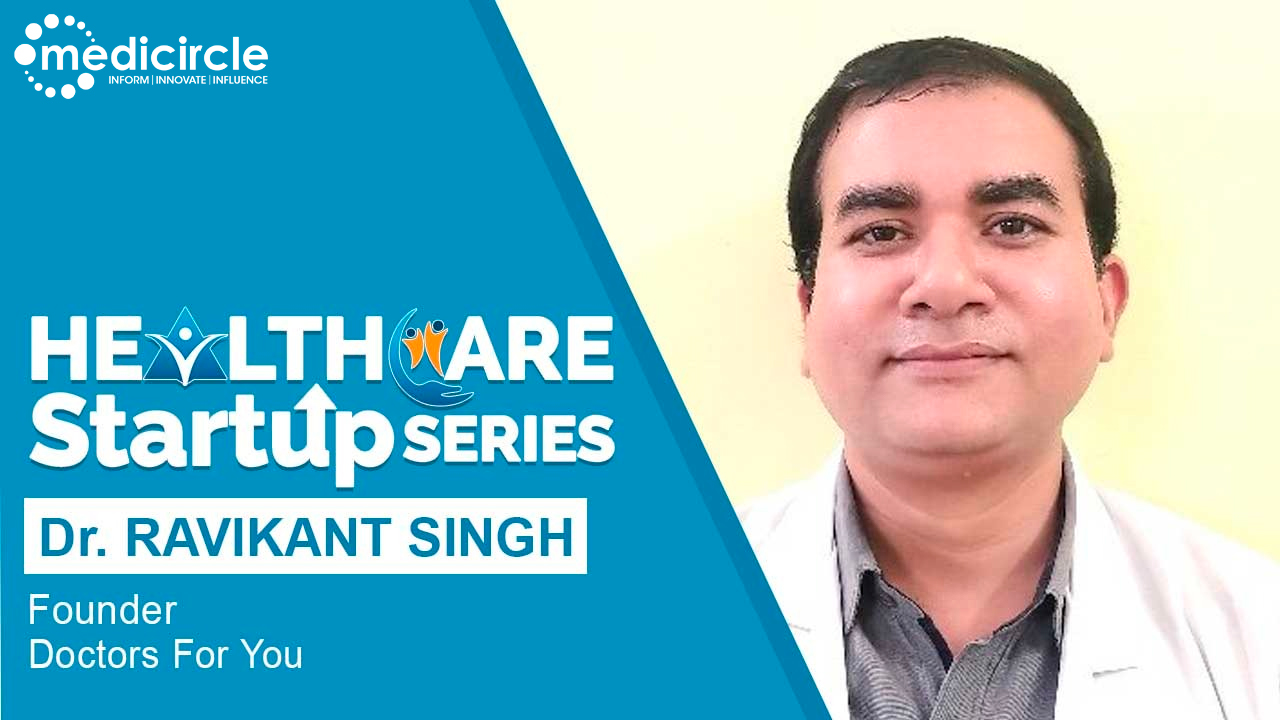
 Doctors For You is a non-governmental organization that tries to uplift the Indian healthcare system with the help of doctors that are working hard to save millions of lives during natural disasters and epidemics
Doctors For You is a non-governmental organization that tries to uplift the Indian healthcare system with the help of doctors that are working hard to save millions of lives during natural disasters and epidemics










.jpeg)


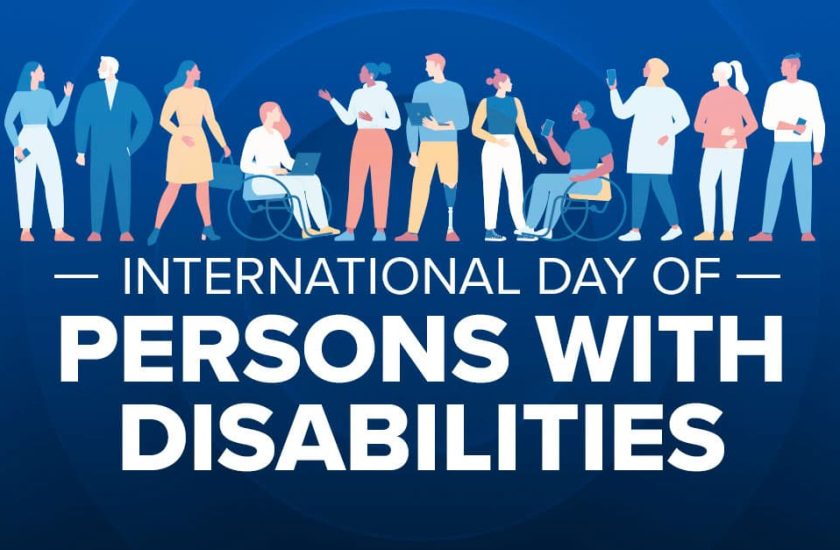



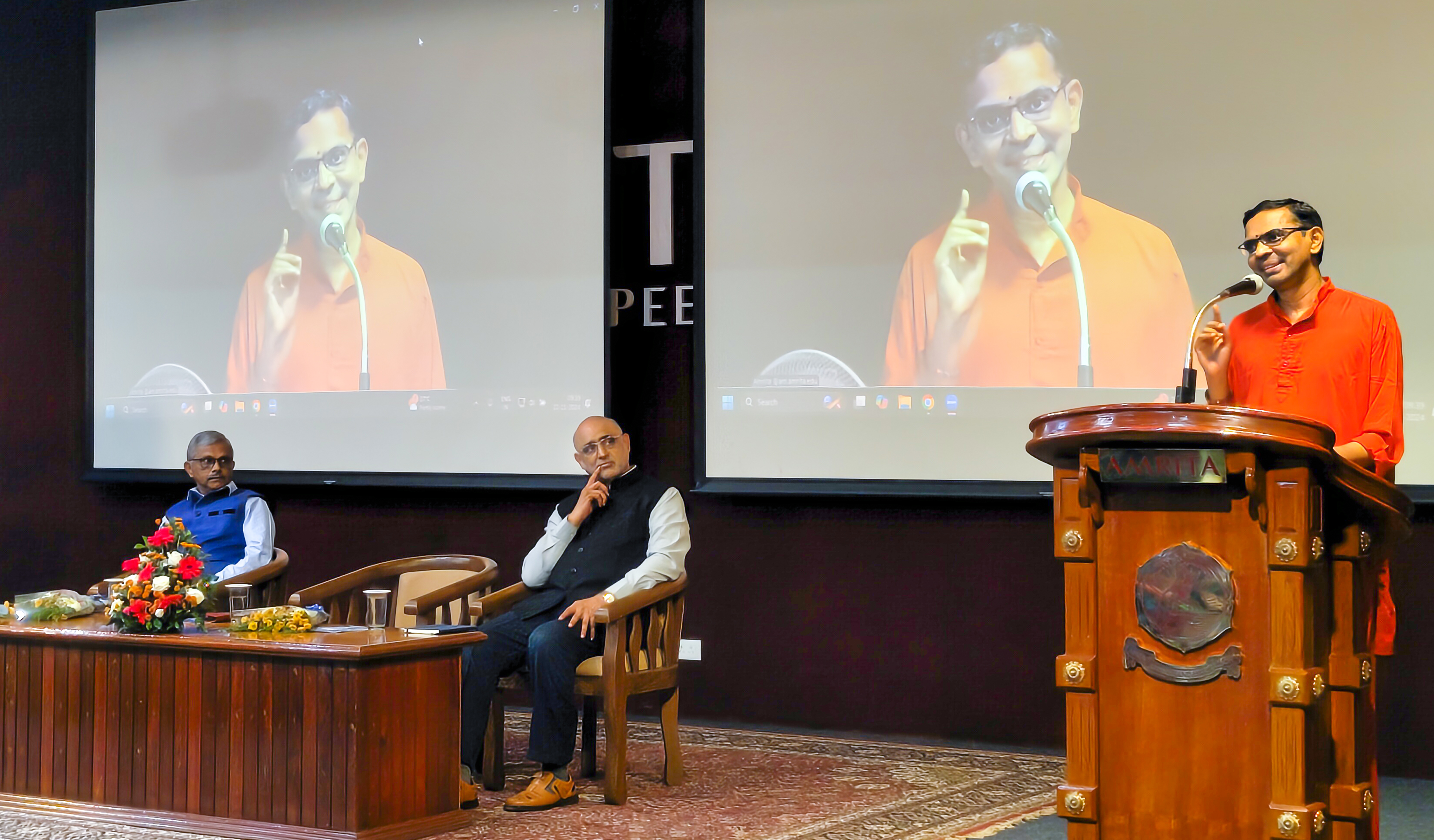
.jpg)
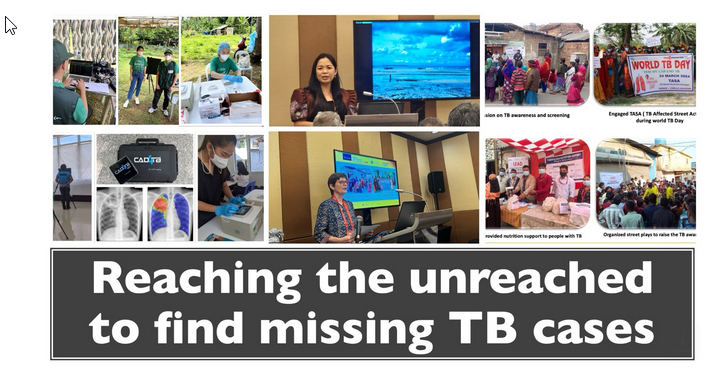


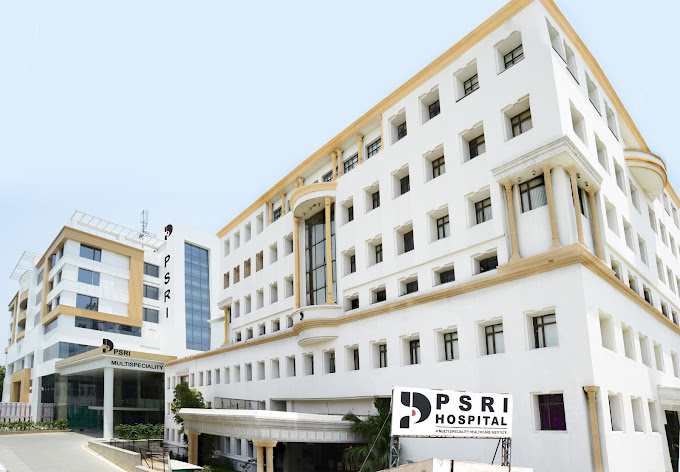
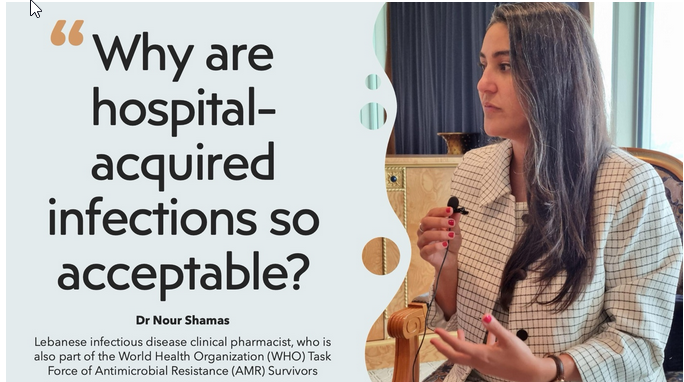
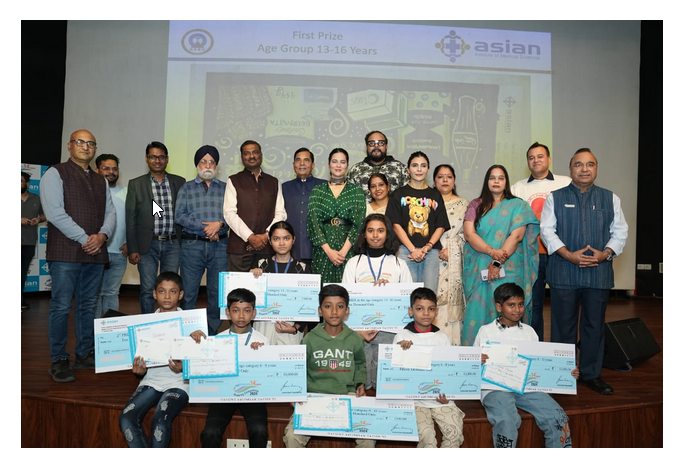

.jpg)



